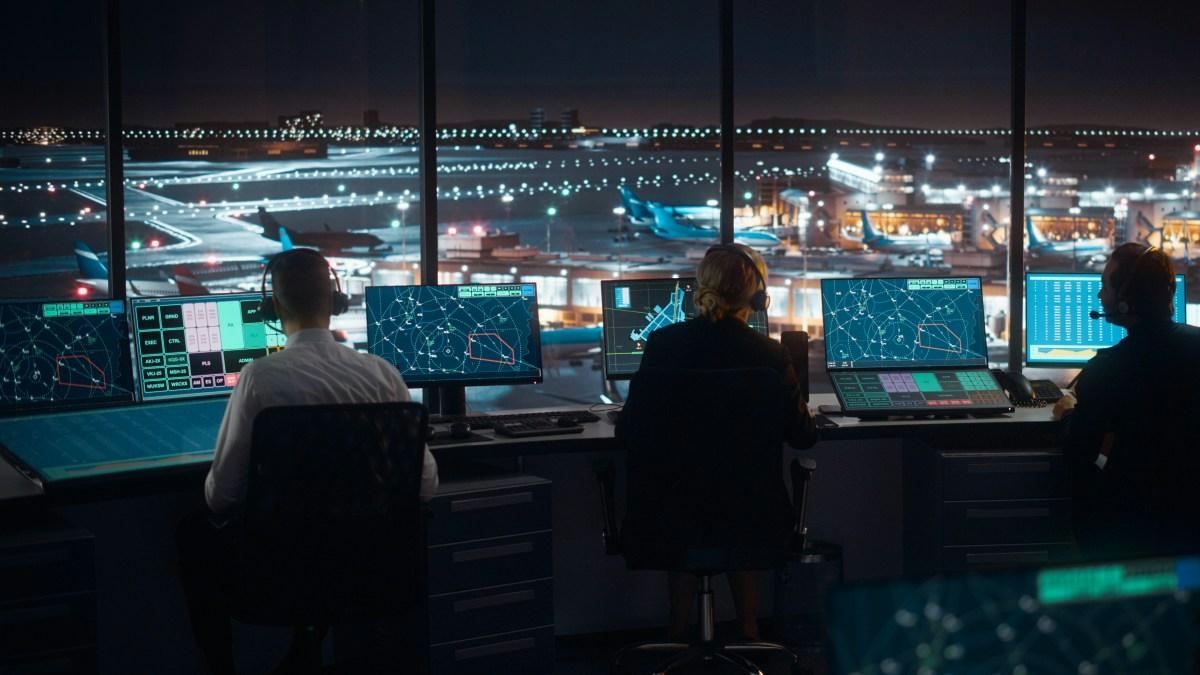AeroGenie — Your Intelligent Copilot.
Trending
Categories
The Future Role of Artificial Intelligence in Aviation

The Future Role of Artificial Intelligence in Aviation
Artificial Intelligence (AI) is increasingly reshaping the aviation industry, enhancing the intelligence, safety, and sustainability of both aircraft and airports. With approximately 2.6 million flights traversing UK airspace annually, AI is becoming indispensable in managing the growing complexity and demand within the sector.
Enhancing Air Traffic Management
The surge in air traffic has placed unprecedented pressure on airports and airspace management. AI technologies are now capable of simultaneously analyzing a multitude of factors, including weather conditions, flight plans, and real-time air traffic data. This enables air traffic controllers to determine optimal routing for each aircraft, thereby reducing delays, avoiding adverse weather, and conserving fuel. Such improvements not only increase operational efficiency but also contribute to environmental objectives by lowering unnecessary emissions.
Transforming the Passenger Experience
Within airport terminals, AI is revolutionizing the passenger journey by automating and streamlining key processes such as check-in, security screening, and boarding. Biometric systems powered by AI, including facial recognition, facilitate faster and more seamless movement through airports without reliance on physical documentation. Furthermore, AI monitors passenger flow dynamics, dynamically opening additional security lanes during peak times, while real-time baggage tracking minimizes the incidence of lost luggage. Behind the scenes, advanced surveillance and analytics bolster both security and operational effectiveness.
AI Integration in Flight Operations
AI’s role extends beyond ground operations into the cockpit, where autopilot systems are evolving to assist with critical phases of flight such as takeoff and landing, in addition to cruising. By processing data from aircraft sensors, flight recorders, weather updates, and passenger loads, AI optimizes fuel consumption and recommends the most efficient flight paths. Some systems even advise on optimal climb speeds during takeoff, further reducing fuel use and emissions, thereby supporting both economic and environmental goals.
Innovations in Maintenance and Safety
In maintenance hangars, AI aids engineers by monitoring aircraft components, predicting potential faults, and scheduling repairs proactively—even while aircraft remain in service. This predictive maintenance approach reduces downtime, lowers costs, and enhances operational reliability. On runways, AI-driven virtual twins and remote sensing technologies detect defects or foreign objects swiftly, enabling prompt responses to safety hazards and reinforcing overall aviation security.
Addressing Challenges and Industry Perspectives
Despite the clear advantages AI offers, the aviation industry faces significant challenges in its adoption. Regulatory authorities are actively developing frameworks to ensure the safe and secure implementation of AI systems. Issues surrounding data privacy and the ethical application of AI in decision-making processes have sparked demands for greater transparency and accountability. Initial skepticism among some traditional industry stakeholders has given way to accelerated adoption as AI demonstrates measurable improvements in safety and efficiency. In response, companies are increasing investments in AI research and forging strategic partnerships to capitalize on emerging technologies and maintain competitive positioning. The rapid evolution of AI necessitates swift adaptation to remain relevant in the sector.
Commitment to Responsible AI Deployment
As AI becomes more deeply embedded in aviation, it is imperative that these technologies are deployed with a strong emphasis on safety, ethics, and responsibility. Robust cybersecurity protocols are essential to safeguard AI systems against hacking and ensure their integrity. The future trajectory of aviation will depend not only on technological innovation but also on the industry’s capacity to address these challenges and foster trust in AI-driven solutions.

Emirates Unveils Cabin Design for New Boeing 777X

Eighteen Years On, the Airbus A380 Remains Central to a $34 Billion Airline

How a boom in luxury airline seats is slowing down jet deliveries

Navitaire Outage Attributed to Planned Maintenance

DigiYatra Debuts Outside Aviation at India AI Impact Summit

Vietnam Orders Strengthen Boeing’s Commercial Outlook

Airbus Signals Uncertainty Over Future A400M Orders

JobsOhio Awards $2 Million Grant to Hartzell Propeller for Innovation Center

Collins Aerospace Tests Sidekick Autonomy Software on YFQ-42A for U.S. Air Force CCA Program

How the Airbus A350-1000 Compares to the Boeing 777
